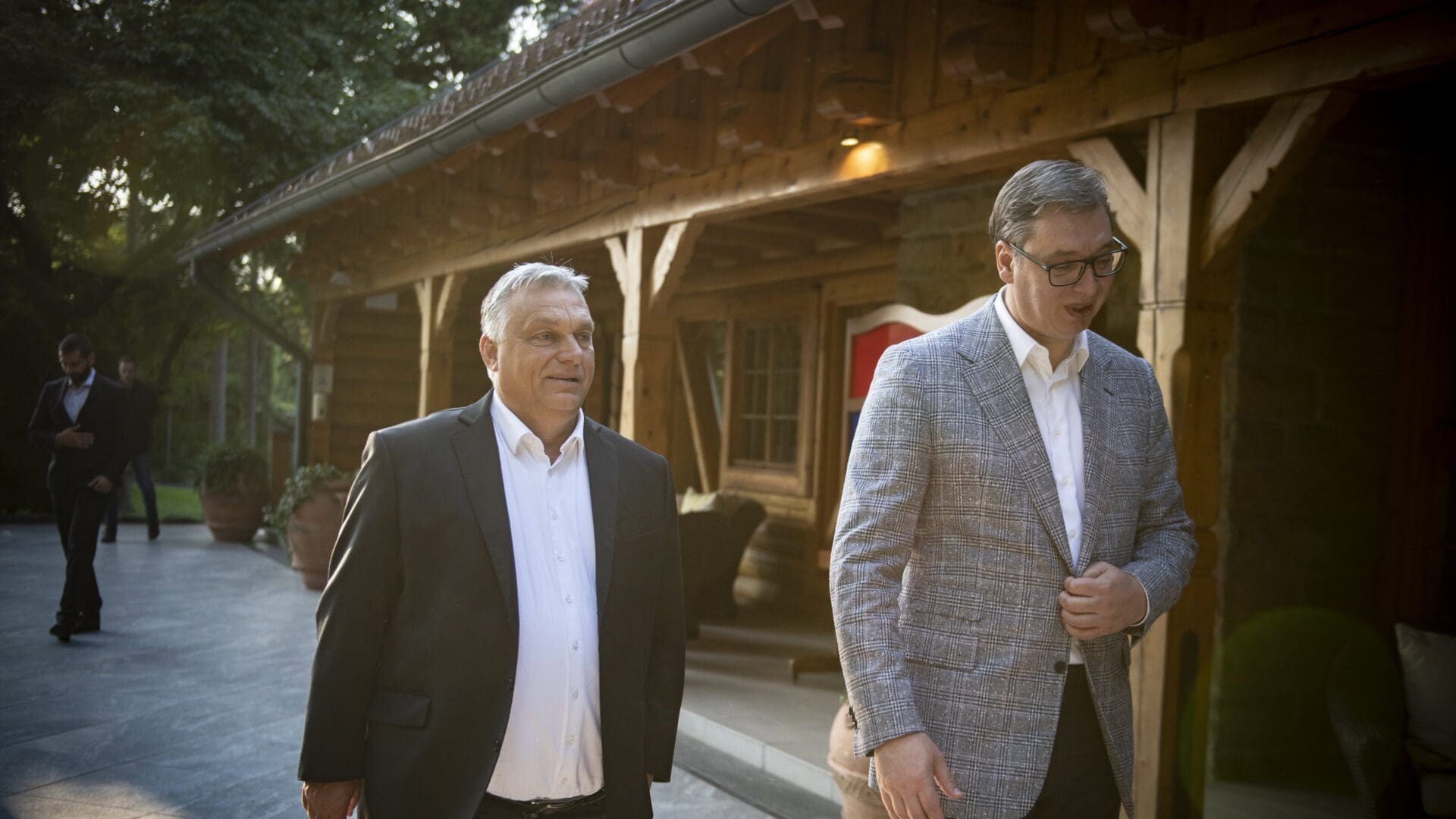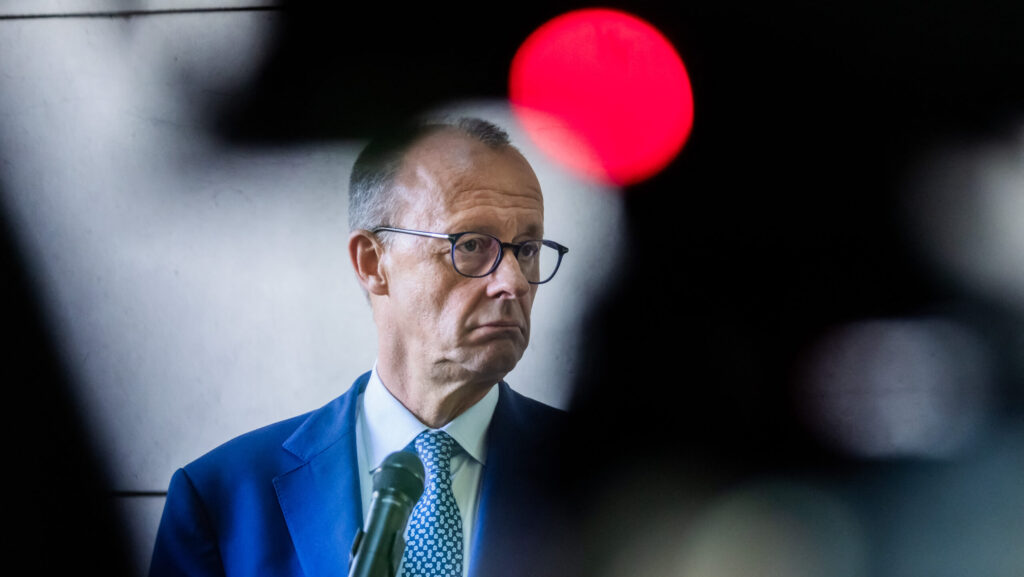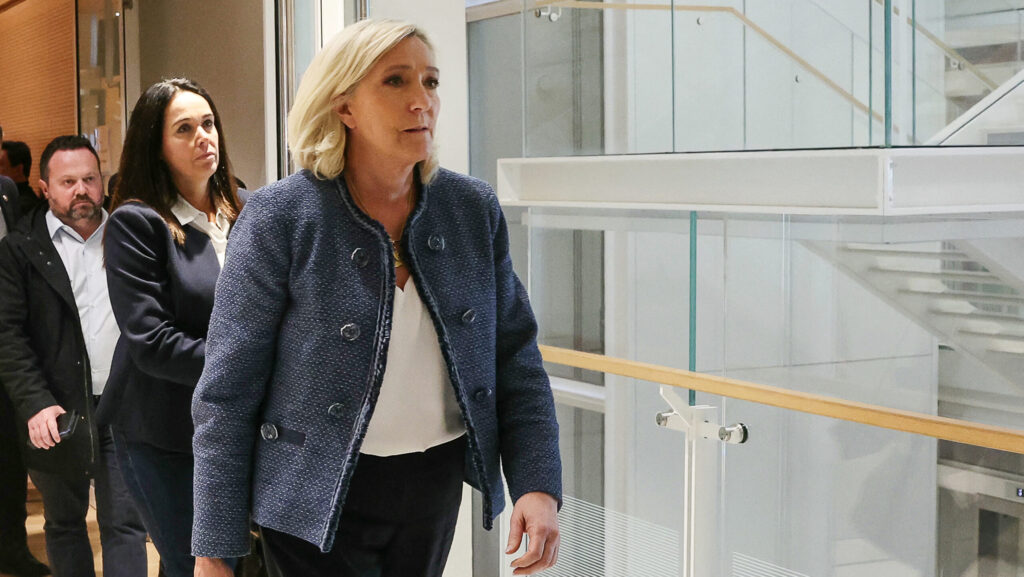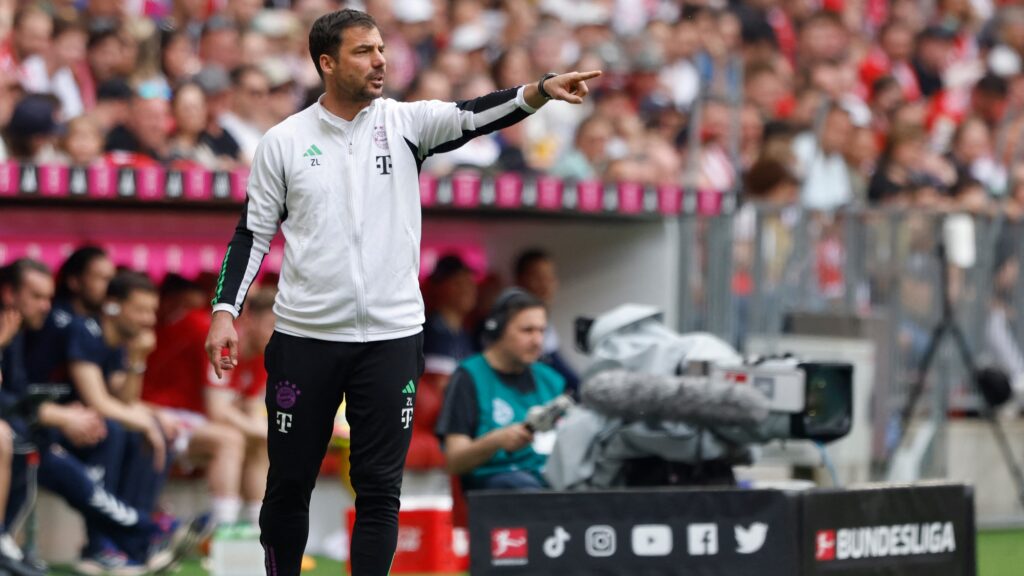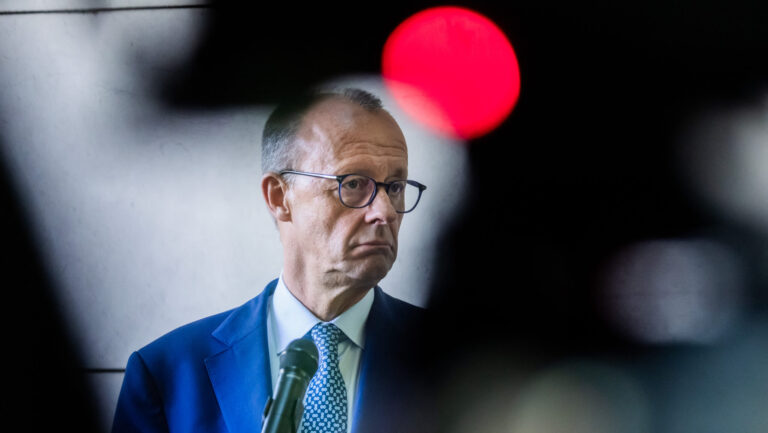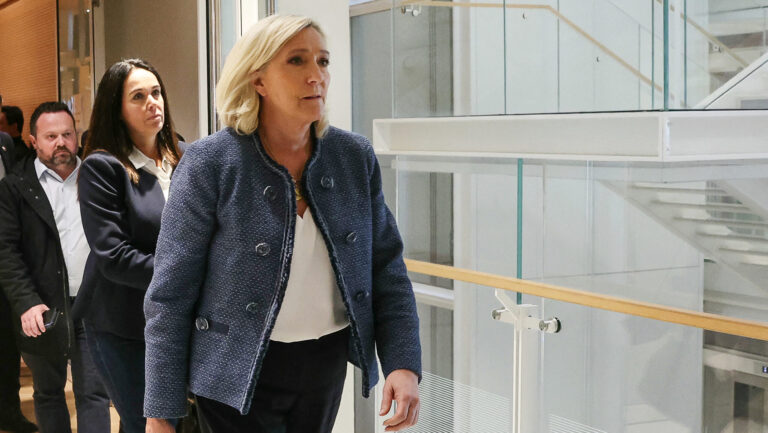Prime Minister Viktor Orbán asked President Aleksandar Vučić to consider the possibility of Serbia releasing the three Kosovo police officers who were detained in Serbia last Wednesday. The Hungarian PM spoke about this in Palics (Palić), Vojvodina on Tuesday, where the Hungarian–Serbian Strategic Cooperation Council was established.
During the press conference following the event, the PM highlighted the situation in Kosovo, stating that Hungary is closely monitoring the events there and recognising the grievances suffered by the Serbs. He deemed it unacceptable that an election with less than four per cent participation would be accepted as legitimate by the international community. He emphasised that the Hungarian people see and understand the problem. He also requested President Aleksandar Vučić to consider the possibility of Serbia releasing the three Kosovo police officers who were detained in Serbia last Wednesday, as he believes it would help Serbia’s standing in international politics. In response to this request, the Serbian President stated that the case of the arrested police officers falls within the jurisdiction of Serbian judicial authorities.
Regarding Hungarian-Serbian relations, Viktor Orbán emphasised that as soon as Hungary and Serbia realised they could not be ‘the prisoners of history’, they immediately began to develop relations between the two countries. ‘Today, all around the world, everyone is talking about why people cannot cooperate with each other. Decoupling, de-risking–these are the words of international politics. We are setting a good example to the world that instead of saying whom you do not want to cooperate with, we strive to cooperate with as many countries as possible,’ he underlined.
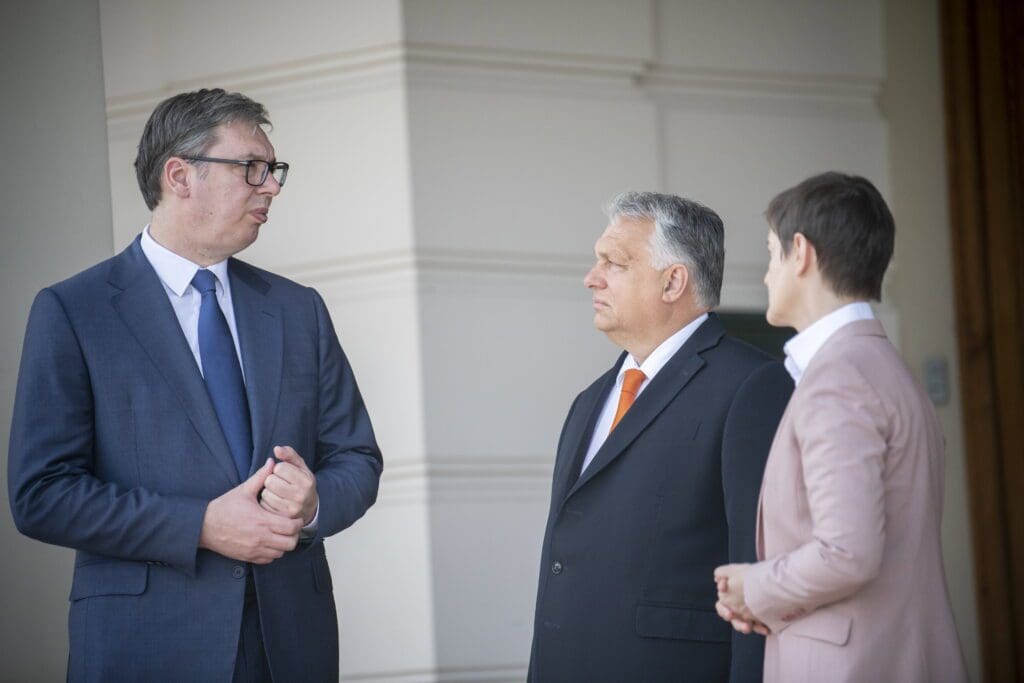
‘What I have experienced over the past long years is that there are common elements in the DNA of the two countries. I see that freedom, sovereignty, and independence are embedded in the DNA of the Serbs, just as they are in that of the Hungarians,’ emphasised Viktor Orbán, adding that when Aleksandar Vučić speaks of Hungarians showing respect to Serbs, it is because of this shared DNA.
Orbán highlighted that this was the thirty-second occasion he met with Aleksandar Vučić. ‘In politics, friendship and alliance can only be achieved through hard work,’ he stated. When Hungary and Serbia decided not to be the prisoners of history but rather shape it, that is when the cooperation that still exists today began, he added.
The PM pointed out that during the meeting of the Hungarian-Serbian Strategic Cooperation Council, important matters became interconnected. ‘Serbia is not a member of NATO, but Hungary is. Serbia is not a member of the European Union, but Hungary is. Serbia is an Orthodox Christian country, while Hungary is a Roman Christian country. Serbia is located in the Balkans, and Hungary is in Central Europe.
These differences do not hinder cooperation; instead, they add value,’ he emphasised.
Furthermore, he added that if these two different countries are connected through strategic cooperation, tremendous energy will be unleashed, benefiting both Serbs and Hungarians.
During the meeting in Palić, twelve cooperation agreements were signed between the Hungarian and Serbian parties. These include the establishment of the Hungarian-Serbian Strategic Cooperation Council, as well as agreements on diplomatic cooperation, border protection, border control, the construction of an oil pipeline between Hungary and Serbia, on matters of European integration, the exchange and protection of classified data, as well as infrastructure, agriculture, defence, and customs cooperation. Additionally, a contract was signed between the Serbian Gas Industry and MVM for the establishment of the joint SERBHUNGAS Novi Sad Ltd.
Related articles:

